Results
-
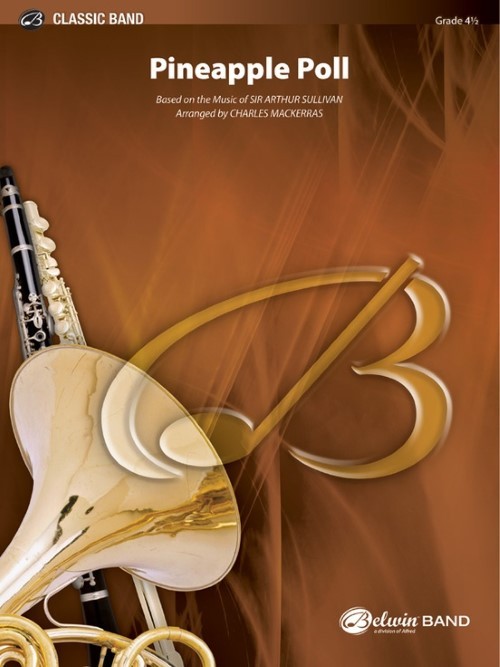 £82.95
£82.95Pineapple Poll (Concert Band - Score and Parts) - Sullivan, Arthur - Mackerras, Charles
In four charming movements, this cherished work is back in print with all new engraving and a full score for the first time. The movements are entitled: Opening Number, Jasper's Dance, Poll's Dance, and Finale. A real work-out for your top-notch ensemble from the Chappell Army Journal, this one's well worth the energy. Pineapple Poll is an exciting addition to the Belwin Classic Band series!Duration: 12.00
Estimated dispatch 7-14 working days
-
 £98.50
£98.50Overture 1812 (Concert Band - Score and Parts) - Tchaikovsky, Peter Ilyich - Godfrey, Dan
This classic Tchaikowsky work was initially transcribed for military band in the early 1920s as a part of the revered Chappell Army Band Journal. Since then, this arrangement has been on several selective music lists over the years and has been re-released with new engraving and finally includes a full score. Overture "1812" . . . as moving and exciting as ever. Duration: 14:45
Estimated dispatch 7-14 working days
-
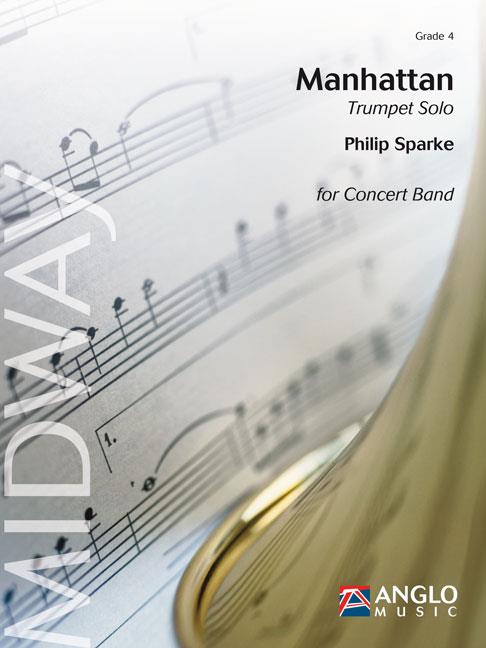 £168.50
£168.50Manhattan (Trumpet Solo with Concert Band - Score and Parts) - Sparke, Philip
Manhattan was commissioned by the United States Army Band for their solo trumpet player Woodrow English, and first performed by them in Carnegie Hall, New York, in November 2003. The two movement work demonstrates both the lyrical and technical abilities of this outstanding player. The 'theme' is a weekend in New York and the opening bluesy movement, Saturday Serenade, describes the city on a Saturday night, perhaps in a smoke-filled jazz bar. While writing Sunday Scherzo, the composer pictured an early morning jog in Central Park.This vivaciously rhythmic second movement ends with an even quicker coda bringing the work to a brilliant close. Each movement can also be played individually when a shorter solo is required. Manhattan is a major work in the solo trumpet repertoire.Duration: 9:30
Estimated dispatch 7-14 working days
-
 £87.99
£87.99York'scher Marsch (Concert Band - Score and Parts) - Beethoven, Ludwig van - Sparke, Philip
Beethoven's York'scher Marsch is one of a collection of three tattoos (WoO 18-20) and has had a chequered history, to say the least. There are several autograph copies for different instrumentations, dedicated to different archdukes who were commanders of various regiments of the army including the Prussian regiment called Marsch des Yorkschen Corps, which is how its current title arose. Philip Sparke's arrangement enables a march by this major classical composer to be enjoyed by concert bands.Duration: 3:15
Estimated dispatch 7-14 working days
-
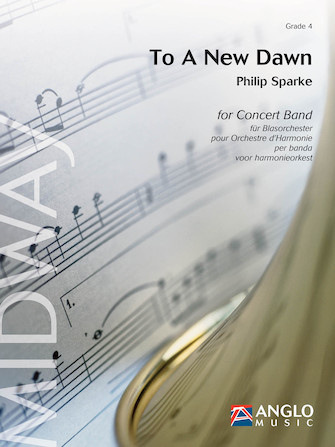 £152.99
£152.99To A New Dawn (Concert Band - Score and Parts) - Sparke, Philip
To A New Dawn was commissioned by the United States Continental Army Band - Captain Timothy J. Holtan, Commander and Conductor.The brief was for a piece to celebrate the 3rd Millennium and it was the composer's aim to provide a work which, as well as looking forward to the challenges of the new century, also contained moments of reflection about the last one.After a bright introduction featuring the trumpets a perky theme, passing quickly through several keys, appears on the woodwinds. A solo trumpet takes up a new theme over bubbling quavers (eighth notes) and this leads to a rhythmic figure on low clarinets, followed by the upper woodwinds. A brass interlude follows and, after a short bridge passage, an oboe takes up a contrasting legato tune that builds to a climax.An andante section follows with solos for horn and flugel horn (or trumpet) and a florid flute cadenza. A passionate climax leads back to the faster music and, eventually, to a full recapitulation, revisiting the earlier material before a lively coda close the work as it began.Duration: 9:40
Estimated dispatch 7-14 working days
-
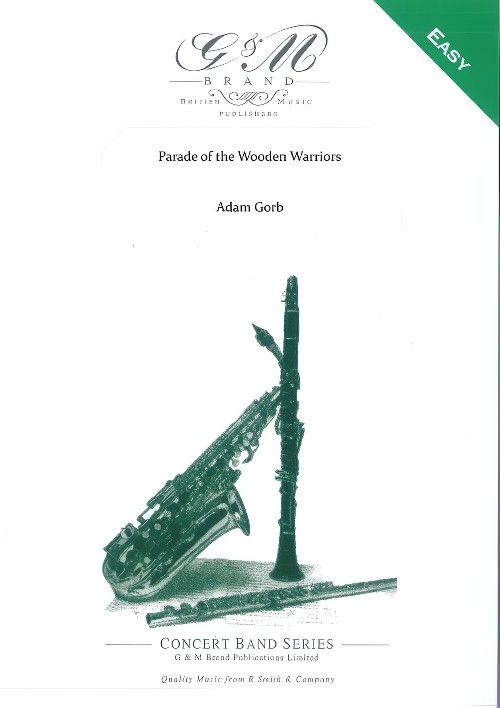 £49.95
£49.95Parade of the Wooden Warriors (Concert Band - Score and Parts) - Gorb, Adam
Parade of the Wooden Warriors is a three minute piece aimed at school and community wind ensembles. It describes the advance and retreat of an imaginary army in ancient times. The composer attempted to give the music the flavor of a Renaissance dance with the main melody in the Dorian mode and the harmony moving largely in consecutive fifths.
Estimated dispatch 7-14 working days
-
 £9.95
£9.95Parade of the Wooden Warriors (Concert Band - Score Only) - Gorb, Adam
Parade of the Wooden Warriors is a three minute piece aimed at school and community wind ensembles. It describes the advance and retreat of an imaginary army in ancient times. The composer attempted to give the music the flavor of a Renaissance dance with the main melody in the Dorian mode and the harmony moving largely in consecutive fifths.
Estimated dispatch 7-14 working days
-
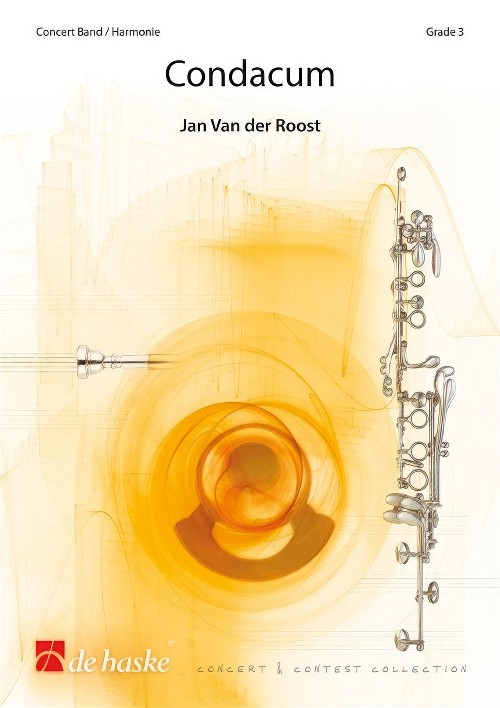 £118.99
£118.99Condacum (Concert Band - Score and Parts) - Van der Roost, Jan
Condacum' was composed on the occasion of the 25th anniversary of the Arts Council in the Belgian district of Kontich, the home town of the composer Jan Van der Roost. It is an interesting composition in which the history of this Belgian community is depicted in sound. The opening reminds one of the advance of the Roman army, whilst the dynamic development is full of vitality!Duration: 5:30
Estimated dispatch 7-14 working days
-
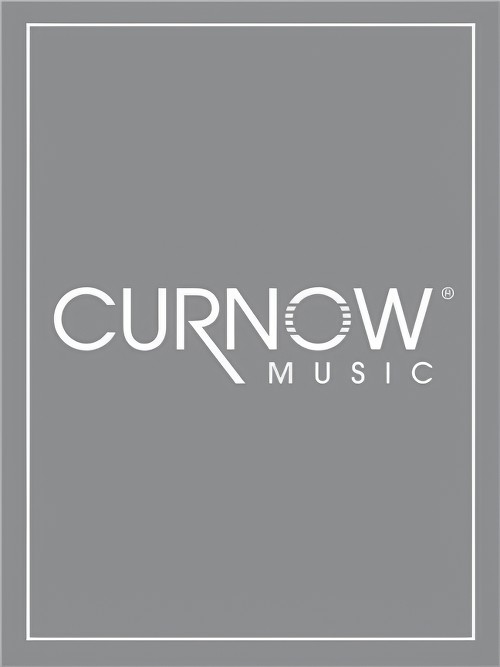 £60.99
£60.99Procession of the Centurions (Concert Band - Score and Parts) - Court, Douglas
A Centurion was a Roman soldier who was in charge of 100 men in the Roman Army. These soldiers were brave, God-fearing men loyal to the Roman Empire. The music portrays the strength and confidence that is a signature of any soldier.Duration: 2.15
Estimated dispatch 7-14 working days
-
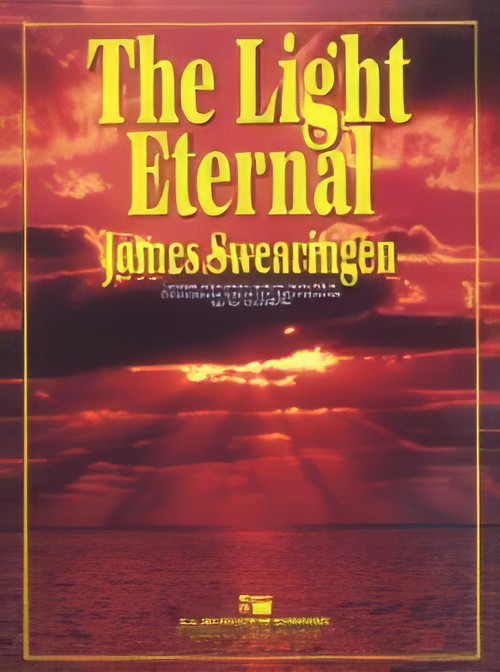 £78.00
£78.00The Light Eternal (Concert Band - Score and Parts) - Swearingen, James
A powerful work that recounts the magnificent story of four U.S. Army Chaplains who heroically sacrificed their lives during World War II. The Light Eternal is based on the well-known hymn, God of Our Fathers, and is filled with an abundance of musical inventiveness that will produce a startling emotional impact on the listener. Audiences will be overwhelmed!Duration: 7.30
Estimated dispatch 7-14 working days
